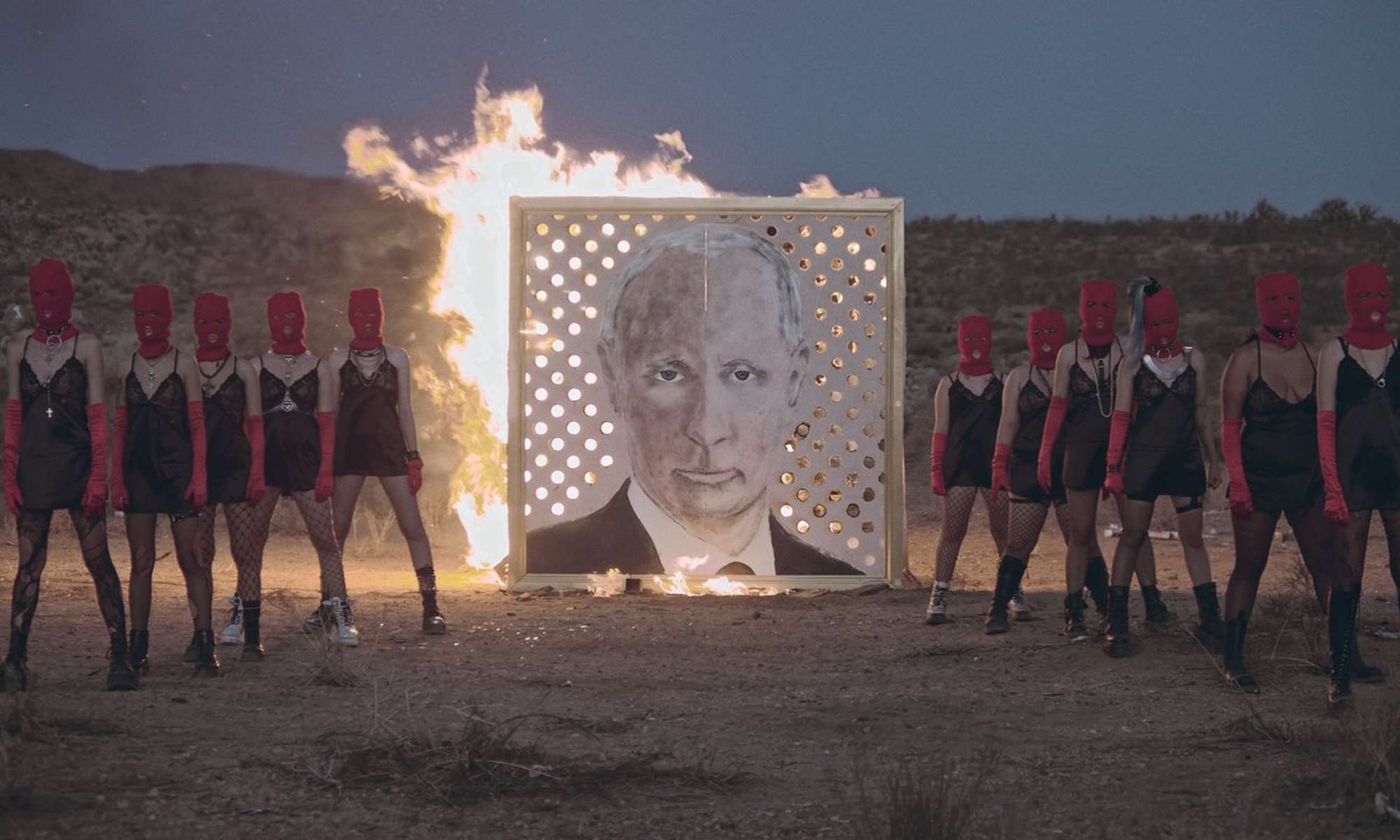having delusions of Grandeur….i am the real chosen one, Jake Lloyd
INT. CANTINA — OUTER RIM PLANET — NIGHT
Nadya sits across from Jake Lloyd, now older but still with the quiet intensity of the boy who once played Anakin Skywalker. The cantina hums with alien chatter and off-world music. A holo-screen in the corner replays a clip of Donald Trump saying: “I am the chosen one.” Jake smirks bitterly.
NADYA
You hear that? Calls himself the chosen one.
JAKE LLOYD
(chuckling)
Yeah. Funny thing about that title… I’ve been there. Played it, lived it… and let me tell you, when someone truly believes it, it doesn’t end well.
NADYA
Trump thinks it makes him some kind of savior.
JAKE
That’s the trap. The “chosen one” believes the galaxy—or country—revolves around them. It’s not leadership, it’s ego. Anakin fell for that. He thought prophecy made him untouchable.
NADYA
And what happened?
JAKE
He stopped listening. To the Jedi, to Padmé, to anyone who wasn’t feeding the fantasy. He thought he could bring order to the galaxy by force.
NADYA
And Trump?
JAKE
Same pattern. Grand visions, no humility. The difference is, Anakin had a tragic arc written for him. Trump’s writing his own… and he doesn’t realize the ending he’s setting up.
NADYA
(smiling)
So you’re saying he’s on the dark side?
JAKE
Let’s just say—if he had a lightsaber, it’d be red. And it wouldn’t be for defense.
They clink glasses. The holo-screen loops again, Trump declaring, “I am the chosen one.” This time, both of them just laugh.






